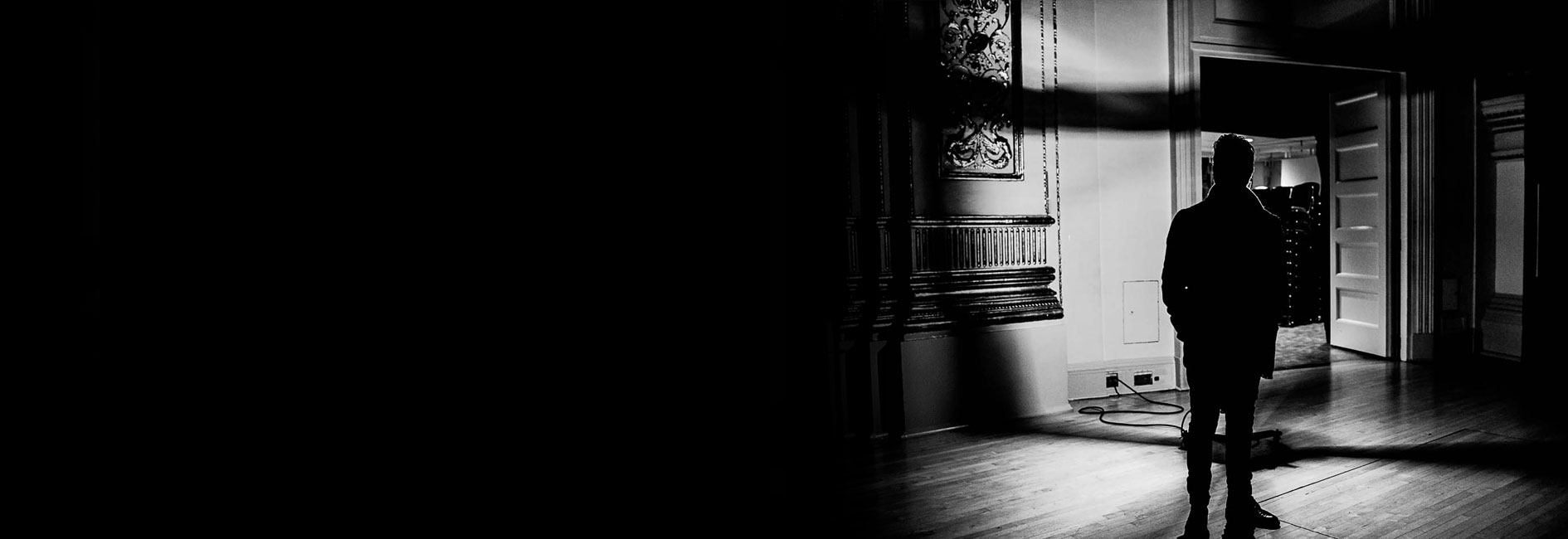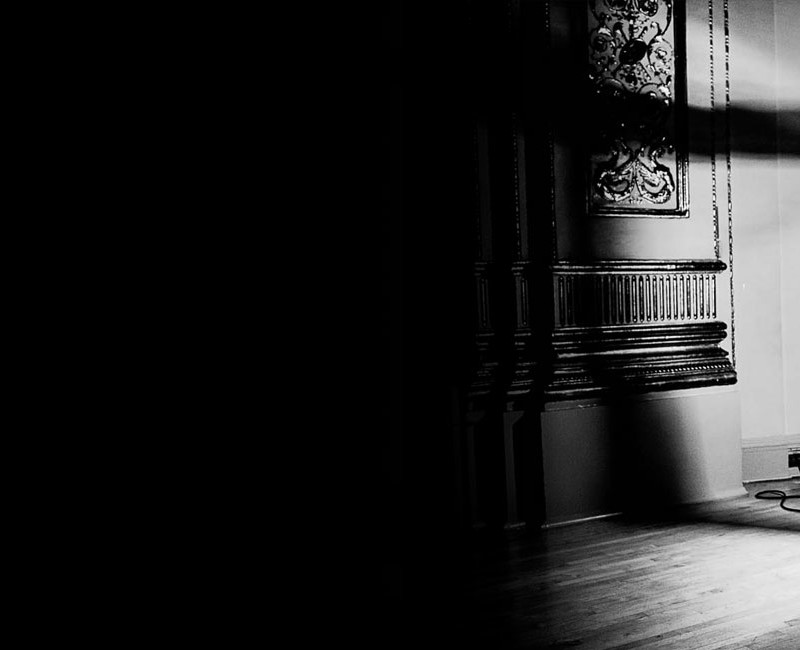Conductor Pablo Heras-Casado Slows the Tempo
19 Dec 2011
Even outside of a concert hall, Pablo Heras-Casado’s movements look like those of a conductor. There is an assured lilt to his gait, a searching quality to his gaze.
Pablo Heras-Casado
Success has come early to the 33-year-old Andalusian. Known for his astonishing flexibility and range as a conductor, Mr. Heras-Casado spent the summer hurtling through Mozart, Stravinsky, Gluck and Berio—compressing three centuries of music into as many months. This weekend marks his debut with the Berlin Philharmonic. But his achievements haven’t altered his air of unassuming charm, and his habit-breaking “Monday weekends,” islands of relief in a sea of constant travel, reflect a desire to remain grounded despite a hectic schedule.
When do your weekends start?
My weekends start—and end—on Monday, actually. My weekdays are normally consumed by rehearsals and my weekends by concerts, so that leaves Monday, which is my unusual sense of the weekend.
Is it strange to be settling down when others are starting the week?
In my working life, I’m meeting lots of people all over the world, and it’s very intense. It’s wonderful, don’t get me wrong, and I love doing it…. But on those Mondays when I’m by myself, I enjoy the alone time a great deal. One of the greatest feelings is when I decide to go out—to a café for a croissant and an espresso most often—and I look around at all these people rushing here and there…and the sensation of being completely outside all of that relaxes me.
How do you ease into your Monday?
I just love to break the daily schedule, to have breakfast at 12, possibly lunch at five. When my life is so highly regimented, these “Monday weekends” are about trying not to schedule anything.
What comes first?
The ritual is a coffee first, and then opening my computer to read Spanish papers online. I read around, generally, depending on the news of the day.
Do you need a break from all the music when you’re finally at rest?
What happens in my conducting life is that I’m almost constantly changing from one repertoire to another: from opera, in the most diverse styles, to chamber music to the classical repertory, and so on. That variety is essential to me; I need it. If I’m rehearsing a program, I need to listen to something different. It’s like when you’re drinking a very good, full-bodied wine, you need from time to time to have some water—something refreshing, to clear your palate before going back to this wonderfully rich wine.
What’s your water, then?
I have several, but normally I love listening to Renaissance polyphony, 16th-century polyphony. This is the music I grew up with, a kind of mother tongue for me. Listening to it brings me back home somehow. Listening to early Baroque music has a similar effect—the generation of Monteverdi and all the Venetian composers: Gabrieli, Rigatti and Cavalli. Chamber music, too, can be very refreshing.
Any sips from nonclassical genres?
I love flamenco—it’s so powerful and energetic. Also, I love listening to, for instance, Esperanza Spalding, and jazz of all sorts, really. And sometimes the old canzione italiana, the classic Italian singers from the 1950s and 60s.
Do you have any other diversions?
When I have the time, I like to get in the car and take an unexpected day trip, discover some remote new place! Reading is also something I do whenever I have the time, and I spend a lot of time with poetry. I particularly like reading the Spanish poets, since it keeps me connected to my language and my country. We have some wonderful poets: José Hierro, Federico García Lorca, Juan Ramón Jiménez, Antonio Machado. I realize, on saying that, that three of them are from Andalucía…
How often do you return home?
I tend to spend about three days home every six weeks or so. Sometimes when my schedule permits me to return home for a moment, maybe just 24 hours at a time, I do it, even though it can be exhausting. The time there, every minute, every second, stretches out enormously and feels so good and so necessary. I feel like I can breathe and reconnect to who I am, to my roots and to my native soil.
Mr. Heras-Casado was speaking with Jonathan Blitzer.

